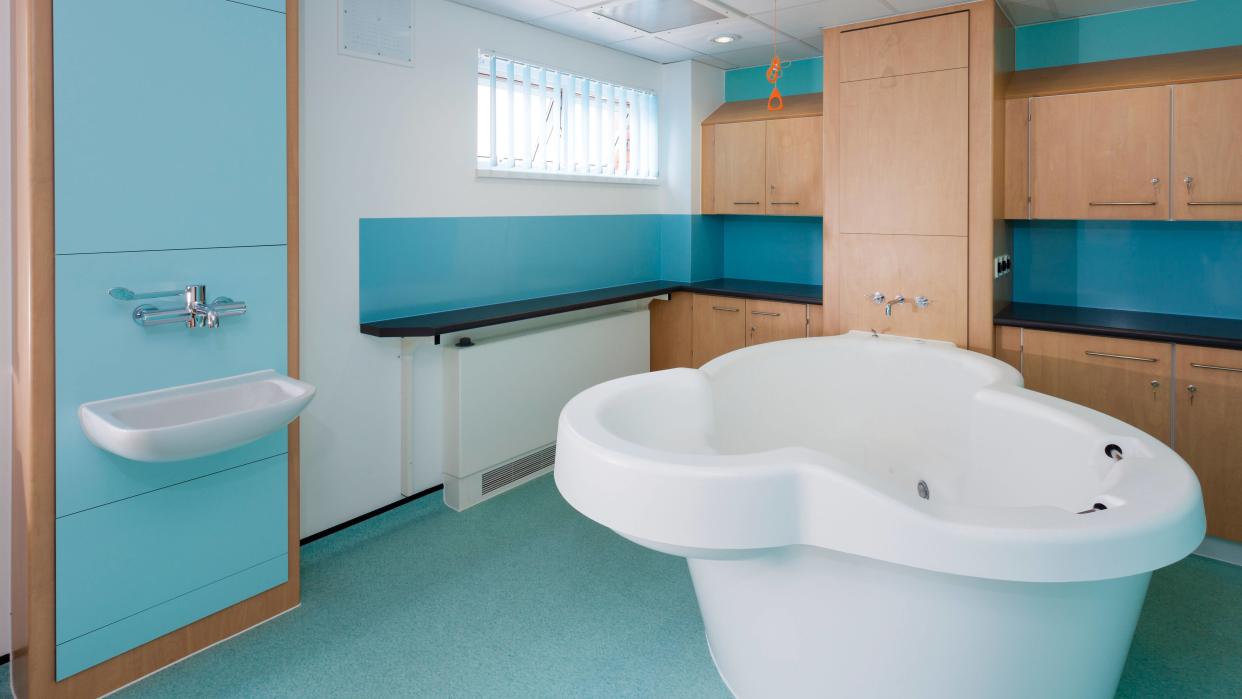Water births no riskier than births out of water, study finds

Having a water birth does not increase the risk of complications for mother or baby, according to a study.
The results of the study could have implications for thousands of women each year who use birthing pools as a form of pain relief during labour, researchers said.
The Pool study analysed 73,229 records from low-risk pregnant women who used a pool during labour across 26 NHS organisations in England and Wales between 2015 and 2022.
The team explored the rate of severe tears suffered by women during childbirth, as well as the number of babies who needed antibiotics or help with breathing on a neonatal unit after birth.
They also looked at the number of babies that died.
According to researchers, risks “were no higher among waterbirths compared with births out of water”.
The team was led by Julia Sanders, a professor of clinical Midwifery at Cardiff University, who said: “In the UK around 60,000 women a year use a birth pool or bath for pain relief in labour, but some midwives and doctors were concerned that waterbirths could carry extra risks.
“There have been reports that babies could become seriously ill, or even die, after waterbirths, and that mothers were more likely to have severe tears or heavy blood loss.
“We wanted to establish if waterbirths with NHS midwives are as safe as giving birth out of water for women and their babies at low risk of complications.”
The analysis found one in 20 first time mothers had a severe tear compared to one in 100 mother having a second, third or fourth baby.
Three in every 100 babies needed antibiotics or help with breathing, while deaths were rare – seven were recorded in the waterbirth group compared to six among those who gave birth out of water.
The rates of Caesarean section were also low at under 6% for first time mothers and under 1% for mothers having their second, third or fourth baby.
Prof Sanders said the findings, published in obstetrics and gynaecology journal BJOG, “scientifically establish that giving birth in water was not associated with an increase in risk for mother and baby”.
Peter Brocklehurst, emeritus professor of women’s health at the Birmingham Clinical Trials Unit, added: “Given that 10% of women use immersion in water as pain relief in labour, the results of this study will have implications for thousands of women a year in the UK and many more around the world, where immersion in water during labour is common practice.”
Professor Chris Gale, a consultant neonatologist at Chelsea and Westminster NHS Foundation Trust in London, added: “Many paediatricians and neonatologists worry that births in water might carry extra risks for babies, but the study found convincing evidence that for women with an uncomplicated pregnancy this is not the case.”


